Bringing home a puppy is exciting and full of potential, but it’s also a big commitment that comes with many challenges. Before you bring your four-legged friend home, it’s important to understand the good, the bad, and the unexpected that come along with owning a pet.
Top Ten Things to Know When Getting a Puppy
Bringing a puppy home is a big decision and should never be taken lightly.
If your family has decided that a puppy is the right fit, it’s important to do some research and know what to expect. Here are ten things you should be aware of and research when getting a pup:
- Puppy Food
- Puppy Training Tips
- All The Supplies a Puppy Might Need
- The Time and Commitment New Puppies Require
- Learn About Your Puppy’s Health
- Potty Training Your Puppy
- Keeping Your Puppy Clean
- Puppies Chew!
- Crate Training
- Are Your Family Members On Board?
Puppy Food
Your puppy requires different dog food than the other pets in your home. As your puppy grows, new pet parents will need to research the right dog food and puppy treats to provide their new canine companion.
No, a new pup should NOT be on the same food as an adult dog. Puppies require PUPPY food and should NOT be on adult dog food.
Pet parents should do their research and speak with their veterinarians about what is the best option to feed their new puppy.
Puppy Training Tips
Getting a dog trainer to help train your puppy is a vital part of having your first puppy.
A young puppy is not going to turn into a well behaved dog overnight.
To help your puppy grow up into a loyal and dedicated member of your family and society, you need to be consistent with your training and set aside time every day to practice.
You will also want to look into puppy classes and other activities that can help socialize your pup.
When hiring a dog trainer, look for one that always uses positive reinforcement AND helps your dog understand right from wrong. This is called balanced training and will help your canine companion become accustomed to life.
All The Supplies a Puppy Might Need
A new puppy is not cheap. New pet parents should set aside money monthly to save up for their new puppy. Puppy essentials add up. There are lots of items that a new puppy needs to be successful.
Puppy gates, food and water bowls, grooming supplies.. the list goes on. Puppy parents should research these items to get the best ones for their pup and their budget.
New Puppy Checklist
A new puppy checklist is important for dog parents to figure out what they might need to buy when bringing home a new puppy.
Puppy supplies included on a new puppy checklist include:
- Grooming Tools: Nail clippers, puppy shampoo / dog shampoo, baby wipes, poop bags,
- Puppy Toys: Dog toys to help your puppy succeed at teething, a chew toy (or a bunch!),
- Baby Gates: Help your puppy stay safe in the house (and keep your carpets clean!)
- Food and Water Bowls: Opt for a ceramic set and clean often.
- Dog Bed: A bed your pup can call their own. You may want to start off with a dog bed that is cheaper incase those puppy teeth go at it, and then move to something orthopedic like a Big Barker once you trust your new puppy more.
- Crate/Kennel: Opt for one that is big enough so they can move around in it but still feel secure.
- Leash, Harness and Collar Set: Choose one that fits your puppy’s neck size, being careful not to pull too tight.
- Treats: Most puppies will thrive on training with treats or a good chew toy. Low calorie treats can help significantly with teething puppies and house training.
The Time and Commitment New Puppies Require
Raising a puppy requires lots of time, patience, consistency and dedication from all family members involved.
A puppy is not like a stuffed animal that you can just leave in a corner or a dog crate when you want to be gone all day and all night.
Get informed about the time that dogs actually require before getting one. Puppies will need to be taken out for walks and potty breaks, get lots of playtime, and require attention from their humans.
If you are not sure if your lifestyle allows you the time it takes to own a puppy, consider doing some research before adopting or buying your new pet.
By understanding what is needed to raise a healthy and well-behaved puppy, you can be sure that you are the right fit for your new furry friend.
Learn About Your Puppy’s Health
Canine companions are not all fun and games. With adorable puppies comes a LOT of vet bills.
Pet insurance early on can help to mitigate the cost of a new dog.
When looking for pet insurance, find a plan that covers both routine visits and emergency medical services.
It is also important to learn about the breed of your puppy. Knowing their common health concerns and needs can help you prevent problems or catch them early on.
Your veterinarian is always a great resource if you have any questions regarding your pup’s health. They will be able to provide advice on what pet insurance would be best for your puppy.
Potty Training Your Puppy
Potty training is probably one of the toughest things to help your puppy learn.
Be prepared with all the essentials to help your puppy learn to use the bathroom in the right spot. This includes puppy pads, a designated potty area, and lots of patience.
Consistency is key when it comes to potty training your pup. Take them out on regular intervals, give them verbal cues such as ‘go potty’ so they understand what you are asking of them and reward them with treats when they go in the right spot.
Lastly, never punish a puppy for having an accident as they are still learning. Be patient and understanding while teaching your puppy this important skill.
Keeping Your Puppy Clean
You can puppy proof all you want, but it is inevitable that you are going to have a mess if you have a dog or puppy. Dog hair, accidents, and muddy paw prints are just part of it.
It is important to keep your puppy clean and hygienic in order to prevent any health issues.
A regular bath schedule (not too often!) with specific dog shampoo should be kept, as well as brushing your puppy regularly and cleaning their ears. Baby wipes also come in handy for quick clean ups in between baths.
Finally, always remember to check their paws after they have been outside playing or walking, as dirt can build up and cause problems if left untreated.
Puppies Chew!
Puppies love to chew things up. If you have your own space with valuable items, it is YOUR responsibility to keep your puppy safe from that area, not theirs!
Using a dog crate is a fantastic way to keep your pup safe and secure.
In addition, providing chew toys can help keep them distracted from the items that could cause harm.
The best chew toys are those made of rubber or nylon as they are harder for puppies to destroy and safer if swallowed than rawhide chews.
Crate Training
A dog crate is the perfect way to provide a safe and secure place for your puppy.
Crate training is great for teaching puppies how to stay in one area, sleep through the night without having accidents, and learning when it’s time to be quiet.
It is important that you start crate training as soon as possible with your new pup.
Are Your Family Members On Board?
Making sure that all members of your family are on board when you decide to bring home a new dog is of utmost importance.
Otherwise, it can be difficult to create a harmonious environment at home.
Talk with all members of your family to make sure that everyone is aware of what needs to be done and is willing to take part in the pup’s care.
From potty training to feeding schedules, having everyone on the same page will help ensure your puppy’s successful transition into your family.
Commonly Asked Puppy Questions from New Puppy Parents
With puppies, come many questions! Here are some of the most commonly asked questions from new puppy parents.
Where should a puppy sleep the first night?
Starting your puppy off the first night in their new routine is important. But, remember that a puppy can not go longer than a few hours without a potty break.
So, it is recommended to create a safe space for them in their crate and set an alarm for every two hours to take the pup outside to go potty.
What are the first things to do when you get a puppy?
The first things to do when you get a puppy include setting up the puppy’s sleeping area, establishing a feeding schedule, and introducing them to their potty spot.
It is also important to start socializing your puppy and enrolling them in an obedience class.
Finally, remember that puppies needs lots of love and attention , so make sure to spend quality time with them!
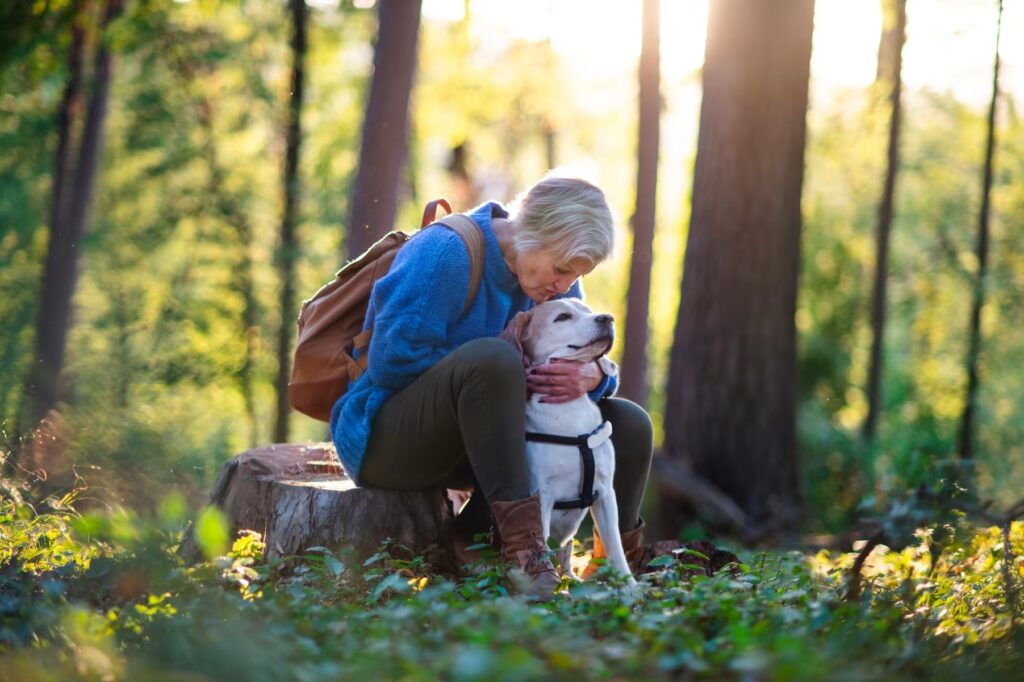
Keep your puppy safe with a Tractive GPS collar!
What should I know before getting a puppy?
Before getting a puppy, it is important to know what type of breed best fits your lifestyle, and whether you are ready to make the commitment that comes with owning a dog.
Puppies need lots of attention, exercise, and training in order to stay healthy and happy. It is also important to have a plan for potty training and prevention of destructive behavior.
In addition, you should research what type of supplies you will need to have on hand for your new pup. This includes a crate, food and water bowls, chew toys, grooming supplies, and more!
Finally, make sure to budget for regular vet visits and potential medical costs that may arise.
How much money should I save up before getting a dog?
It is recommended to save up at least $1000 before getting a puppy. This money can go towards supplies such as food, treats, toys, and a crate; as well as costs associated with vet visits and potential medical expenses that may arise.
Having this money saved up ahead of time will help you be prepared for any unexpected costs.
How long can a puppy be left alone?
The rule of thumb for puppies going without potty breaks is about one hour for every month of age.
So, a three-month-old pup should not be left alone for more than three hours. However, it is important to note that puppies need lots of attention, so it is best to limit their alone-time as much as possible.
It is also recommended to have someone watch your puppy for you if you will be gone for any length of time. A pet sitter can help to make sure to keep your dog safe if you will be gone longer than the recommended amount of time.
Following these steps and doing the necessary research before bringing home a new pup can help ensure that both you and your pup have a positive transition to their new home. With patience, love, and dedication, owning a puppy can be an incredibly rewarding experience!
Should you let a puppy cry at night?
No, you should not let your puppy cry at night.
Puppies may cry during their first few nights in a new home as they adjust to their new environment, so it is important to provide comfort and reassurance. Taking them outside for potty breaks (every two hours) and giving them a safe space to sleep can help them feel more secure and can reduce the amount of crying.
Giving your pup lots of love and attention during their first few nights in a new home will also help to make them feel safe and secure. With patience, consistency, and plenty of positive reinforcement, you can ensure that your puppy has a smooth transition into their new home.
What to consider before buying a dog?
Before buying a dog, it is important to consider your lifestyle and make sure you are ready for the commitment that comes with owning a new puppy. You should also research what type of breed best fits your lifestyle and be prepared to purchase all necessary supplies such as food bowls, a crate, toys, grooming supplies and more. Don’
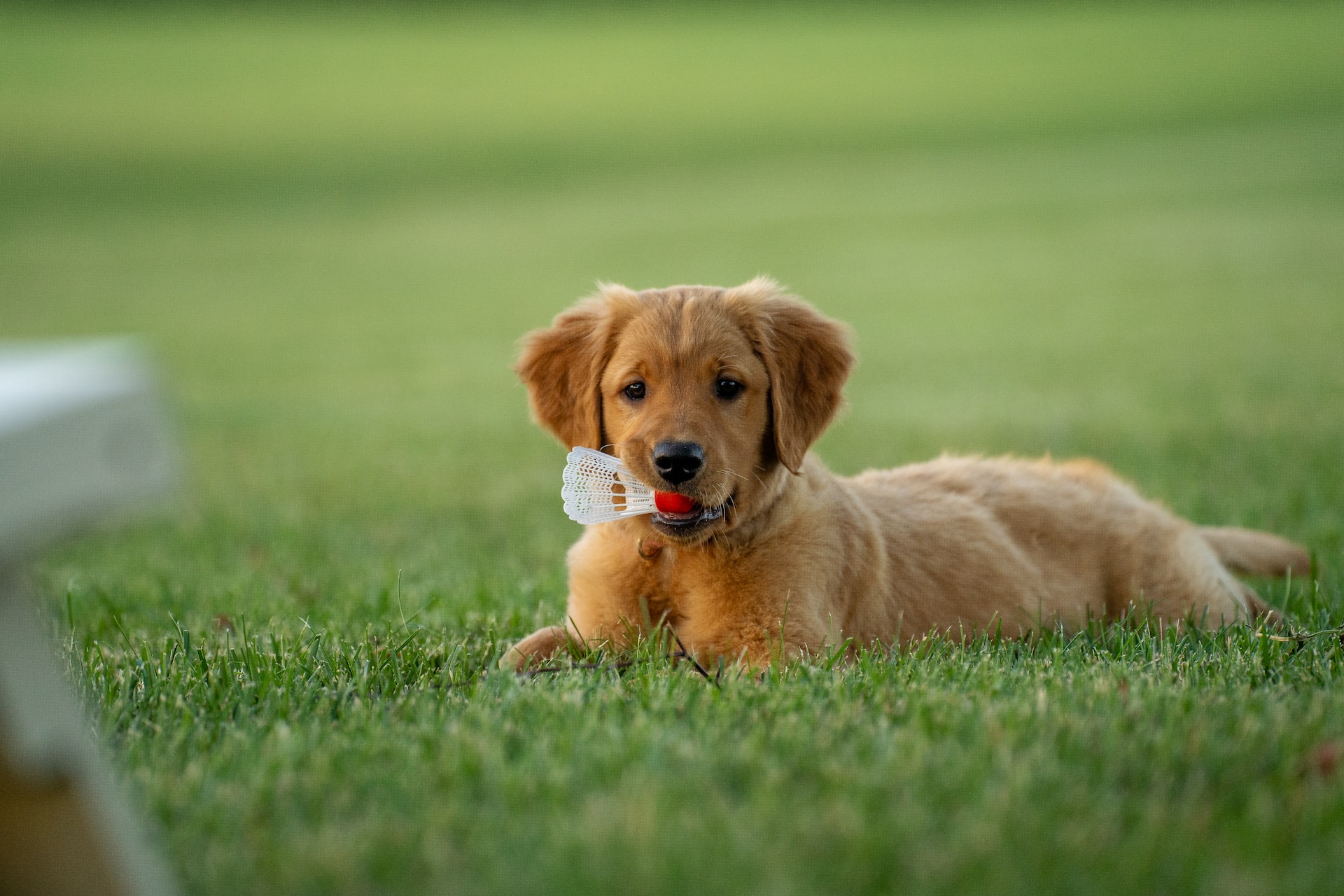
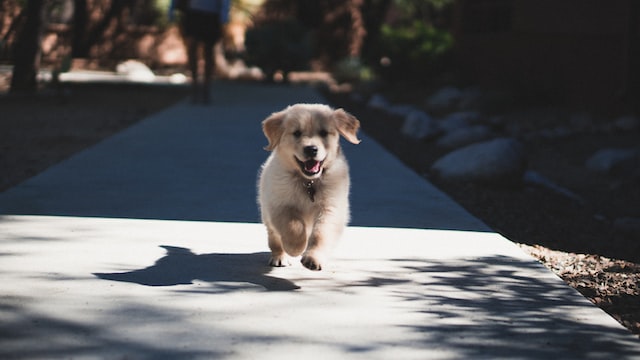
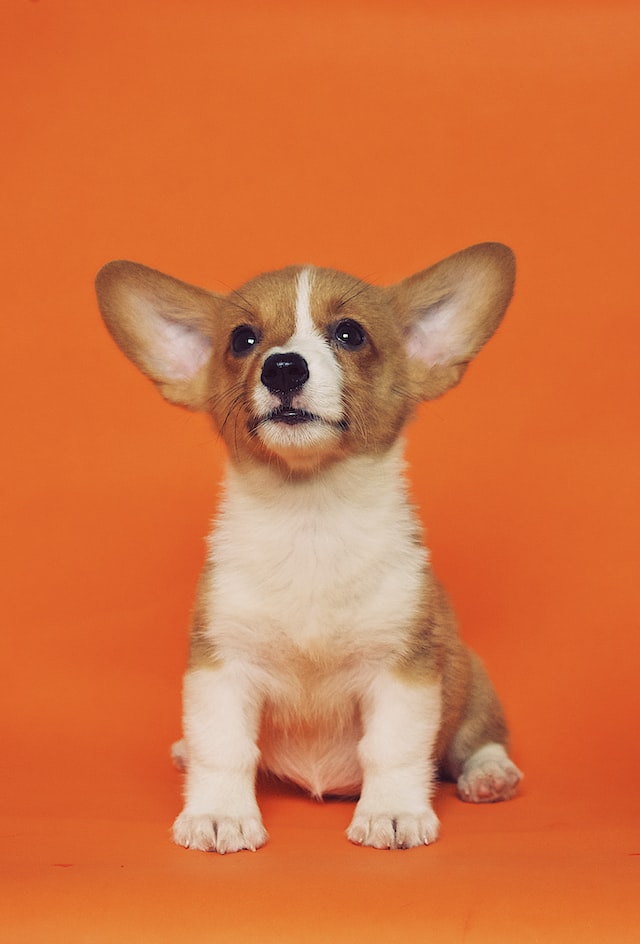
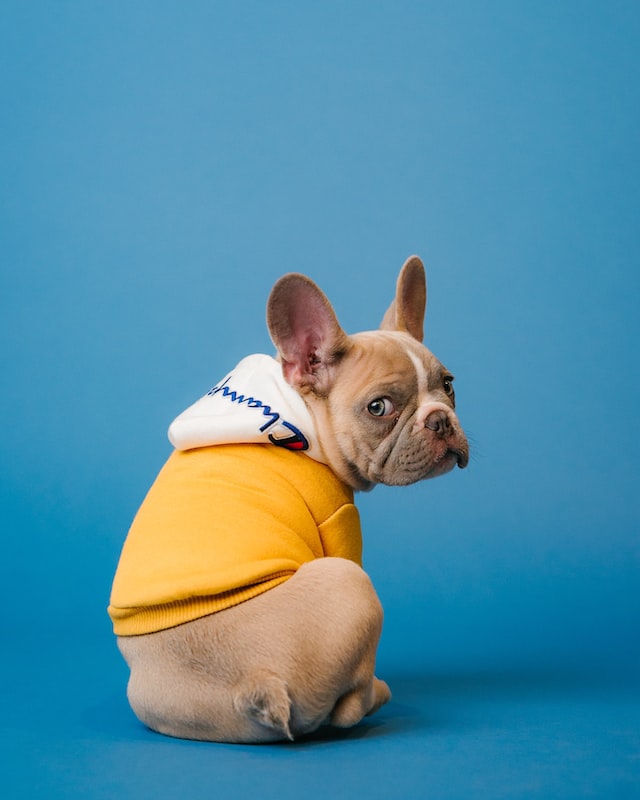
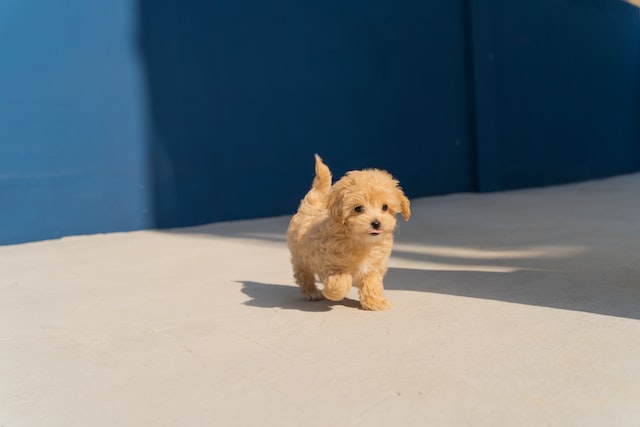
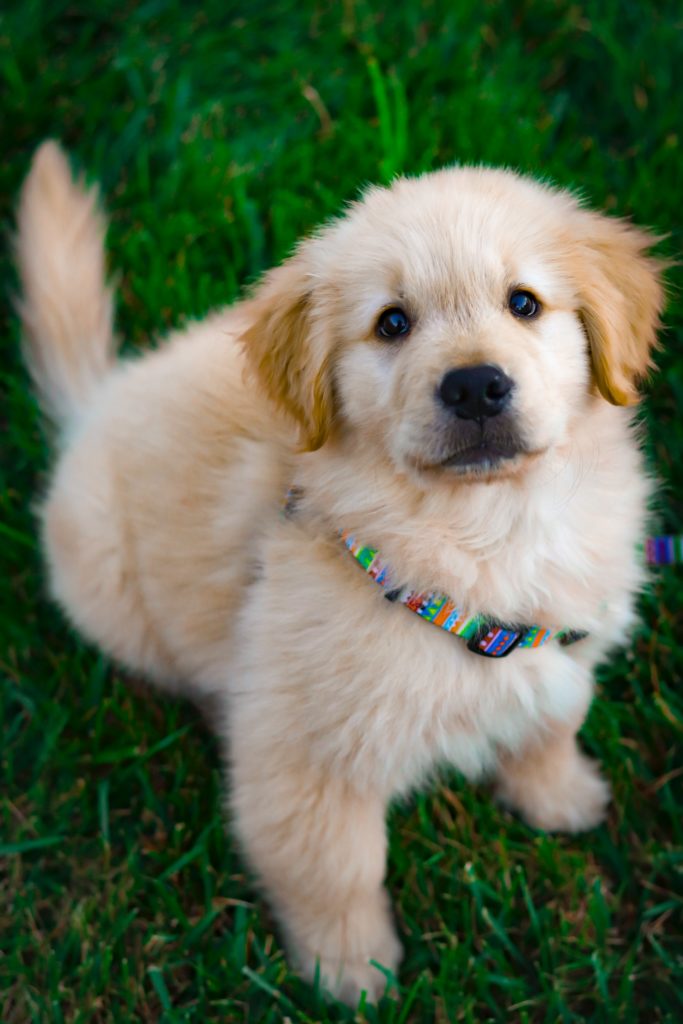
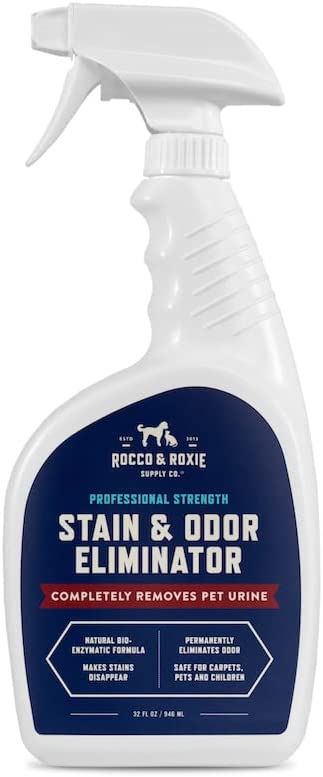
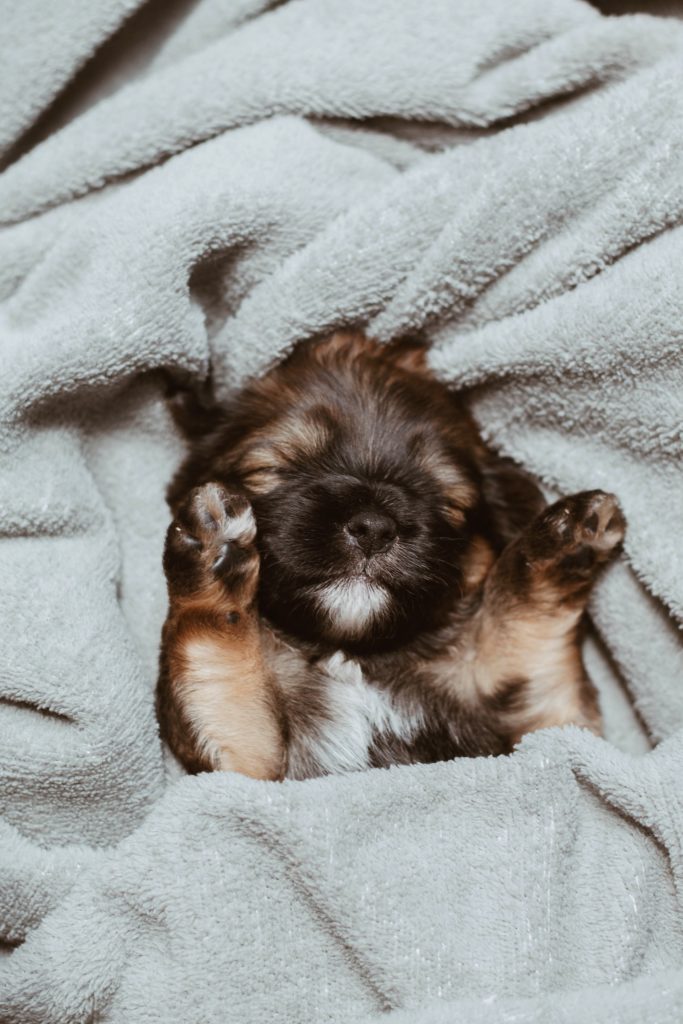
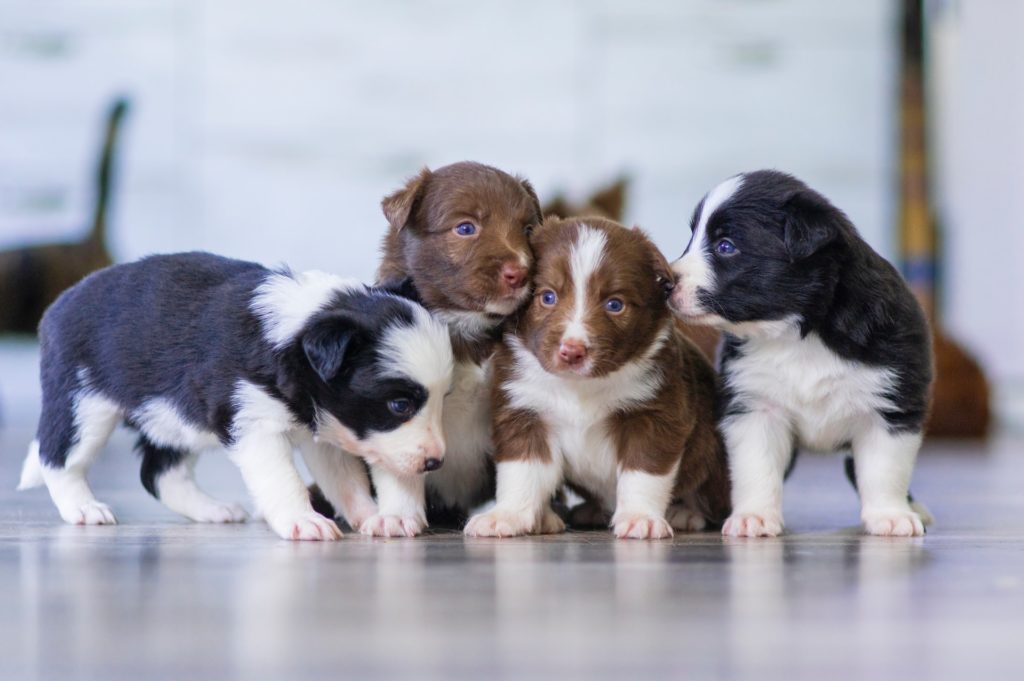
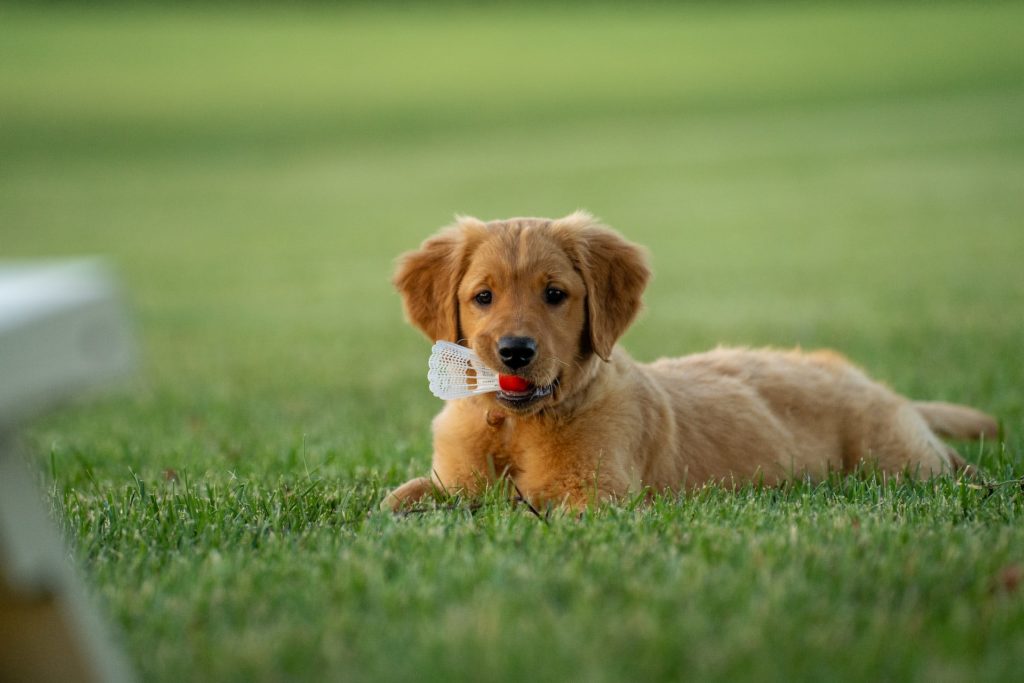
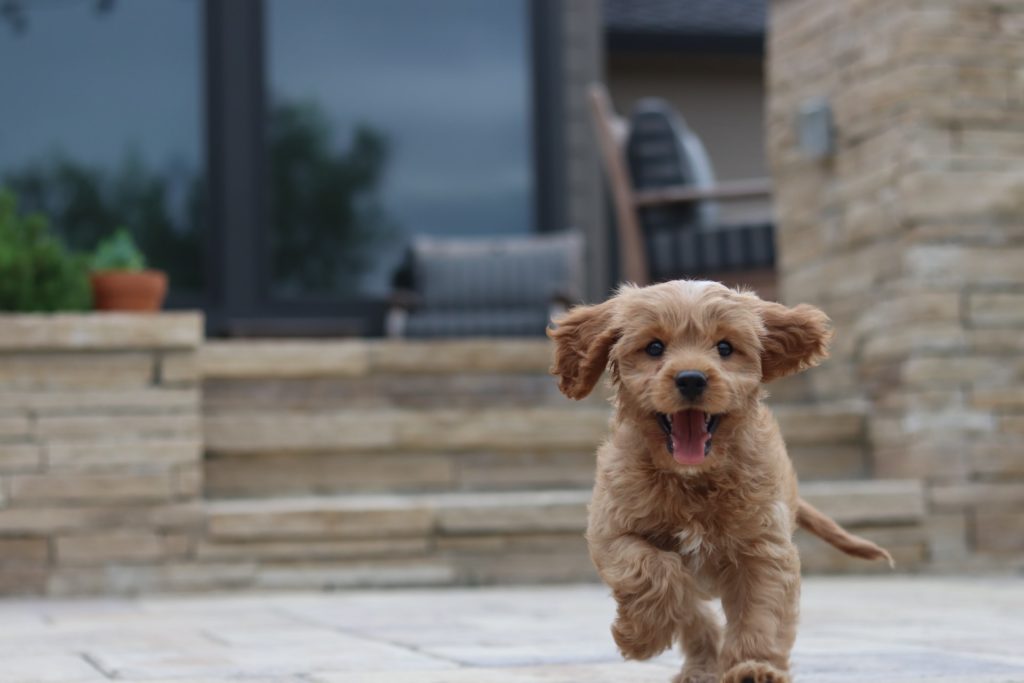
Leave a Reply